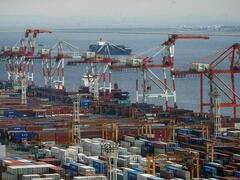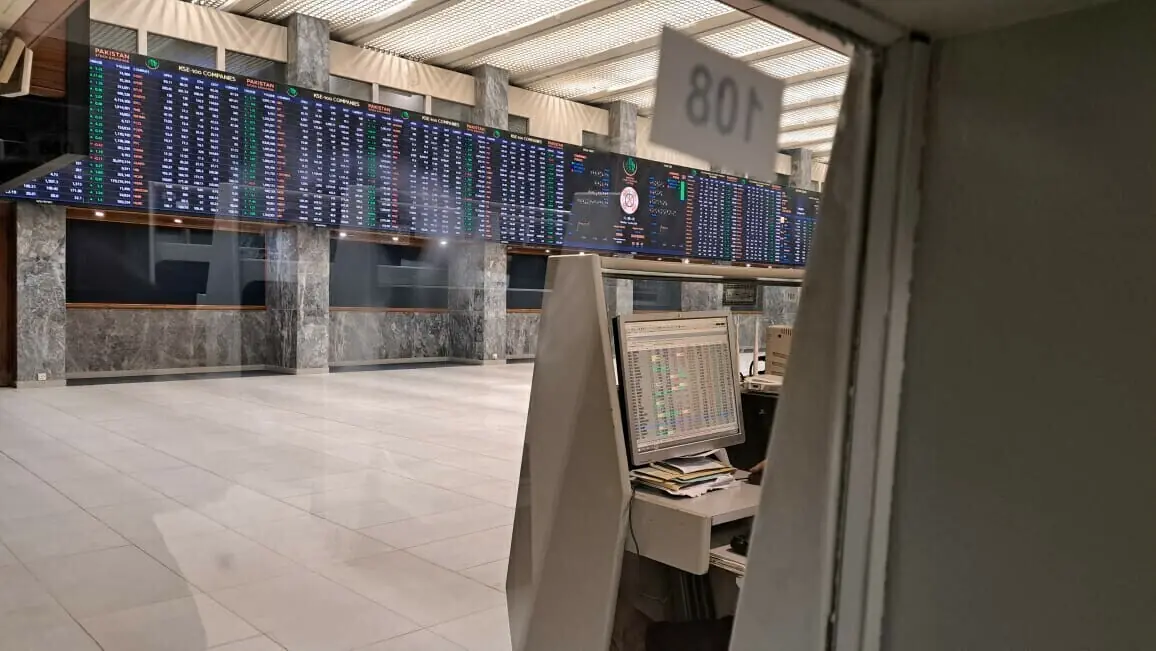German Bund yields hit a new record low on Tuesday, ending 2014 with their biggest annual fall in six years, as expectations of further monetary easing by the European Central Bank bolstered an unexpected rally. A Reuters poll a year ago forecast 10-year Bund yields would rise in 2014 and end the year above 2 percent.
Instead, they have fallen 140 basis points to 0.54 percent, the largest annual decline since 2008. Tuesday was the last trading day of the year. Falling consumer prices in Spain fuelled the latest leg of the rally, bolstering bets that the European Central Bank will launch a sovereign bond-buying quantitative easing (QE) programme if the euro zone slips further towards deflation.
Economists polled by Reuters see euro zone inflation at minus 0.1 percent in December. Political turmoil in Greece and elsewhere has also supported investor demand for so-called safe-haven bonds this year. Greece is on course for elections in January after parliament rejected the prime minister's nominee for president, creating another growth-crippling period of uncertainty in a country at the epicentre of the bloc's debt crisis and which has been bailed out to the tune of 240 billion euros.
Last year's bond market forecasts may have factored in some risks in Greece, but assumed higher growth and no risk of deflation. "The reason things went differently is that nobody expected those deflation concerns," said Daniel Lenz, a strategist at DZ Bank. "It turned out to be a huge problem and the starting point of QE speculation. QE was the game-changer."
At the beginning of 2014, DZ Bank analysts, like most market participants, expected that Bund yields would rise this year, but they changed their minds over the summer. Short-dated yields are likely to remain low as inflation is not seen picking up any time soon. But 10-year yields may rise slightly, according to a Reuters poll in which the median forecast is 1.15 percent for the end of 2015.
Two main arguments are behind the new forecast. First, once the ECB launches QE, the market would have to price in a chance that it would work and adjust higher its long-term inflation and growth expectations. Second, the US Federal Reserve is expected to raise interest rates next year, potentially pushing government borrowing costs higher across the board. Italy held the last euro zone debt sale of the year, selling 7.3 billion euros of bonds, with the yield on the 10-year falling to a record low as QE bets supported demand. Any ECB bond purchases are likely to keep yields on low-rated euro zone debt subdued next year. Ten-year Italian yields fell below 1.90 percent for the first time on Tuesday, while Spain's traded below 1.60 percent.
BR100
15,059
Decreased By
-56.5 (-0.37%)
BR30
42,931
Decreased By
-117.2 (-0.27%)
KSE100
148,815
Decreased By
-677.8 (-0.45%)
KSE30
45,206
Decreased By
-312 (-0.69%)





















Comments
Comments are closed.